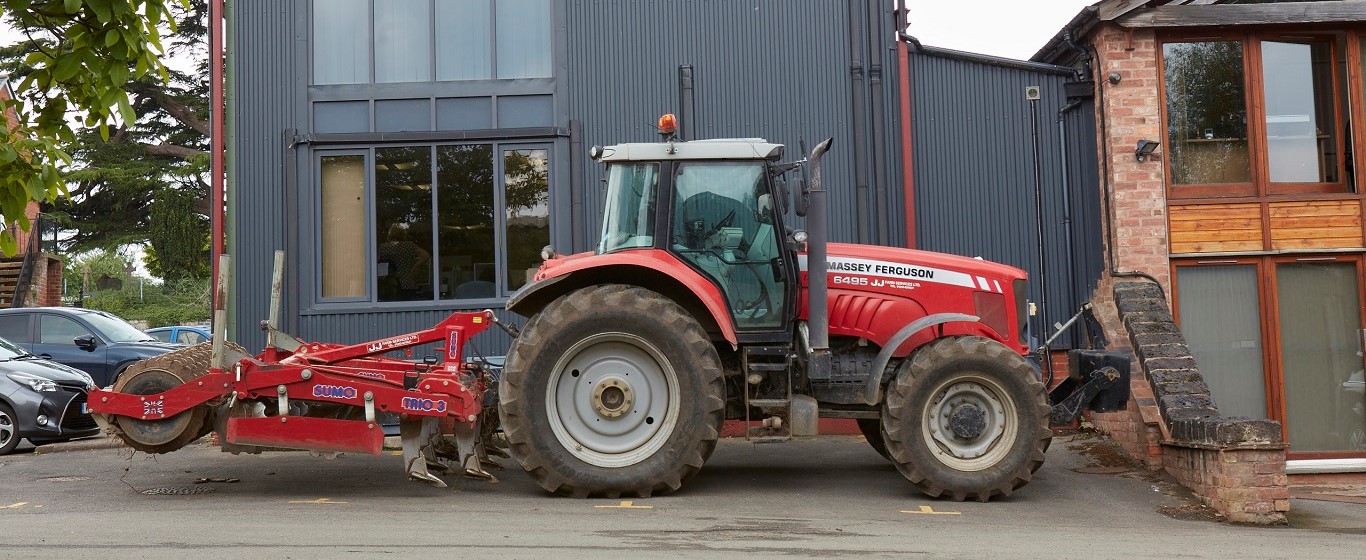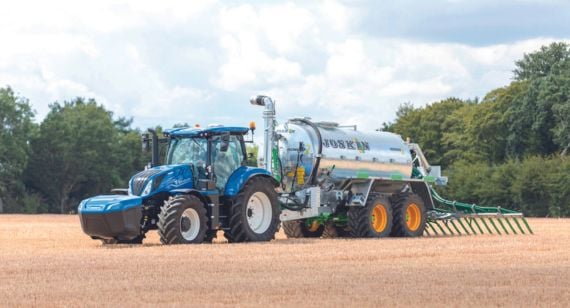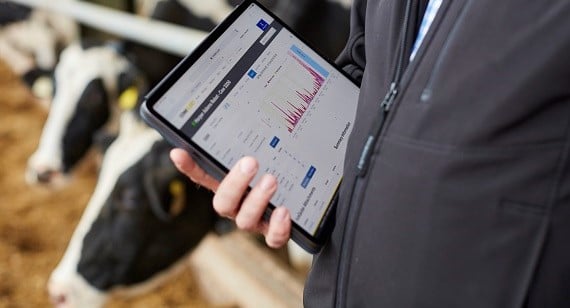Farming & Growing
Could your farm be underinsured?

Lots of things can influence the value of the assets you own on a farm — the weather, business growth and changes in the wider economy can all have an impact. And if you’re not careful, these changes could leave you underinsured.
When it comes to insuring your farm it might be tempting to save money and choose the cheapest policy possible. But if your farm property, stock or equipment isn’t insured for an amount which allows you to replace it in the event of a loss, you could face an unexpected financial shortfall.
Seven signs that your farm could be under-insured
1. You haven’t had your assets valued recently — values can change over time which is why it makes sense to consider current values of your equipment, stock and buildings. Inflation affects assets at different rates, and ideally you should fully consider values each year ahead of an insurance renewal.
2. Commodity and resource price changes — weather conditions and consumer tastes are two factors which can impact on prices and values. For example, farmers or dealers with a large store of straw and fodder will find it can increase significantly in value if it’s been a very wet or dry summer, and demand has increased.
3. Rising values of second hand machinery — good quality farm machinery and vehicles can command a strong resale price on the second hand market, with most values depreciating at a slower rate compared to an average new car. And at times when the pound falls in value, prices of used machinery and replacement parts can increase further thanks to increased prices for imports.
4. You diversify into new business areas — farmers who look outside of agriculture for additional revenue streams should consider what’s covered under their existing insurance policy. Opening a farm shop or setting up a campsite may be a good way to attract paying guests but you need to know you’re covered should anything go wrong.
5. You forget to tell your insurer about changes to buildings — in the same way that extending or altering your business can change its value and cover, if you fail to let your insurer know of any changes to any buildings you could find its true value isn’t paid out in the event of a claim. You usually have an obligation under your insurance policy to report any changes that materially affect your insurance cover.
6. You miscalculate the cover you need — a common mistake that many people make when it comes to insurance is only looking at covering the market value of property. If a building is destroyed in a fire there could be additional costs to consider, from professional fees to extra rebuild costs such as those to source specialist materials or tradesmen.
7. You bring in new machinery to meet increased seasonal demand — if you are using new machinery and vehicles to increase your production make sure you tell your insurer. In the event that they break down or are stolen you don’t want to discover they aren’t covered under your policy.
For more information and to find out whether you have the right cover in place, speak to your local agency office.


